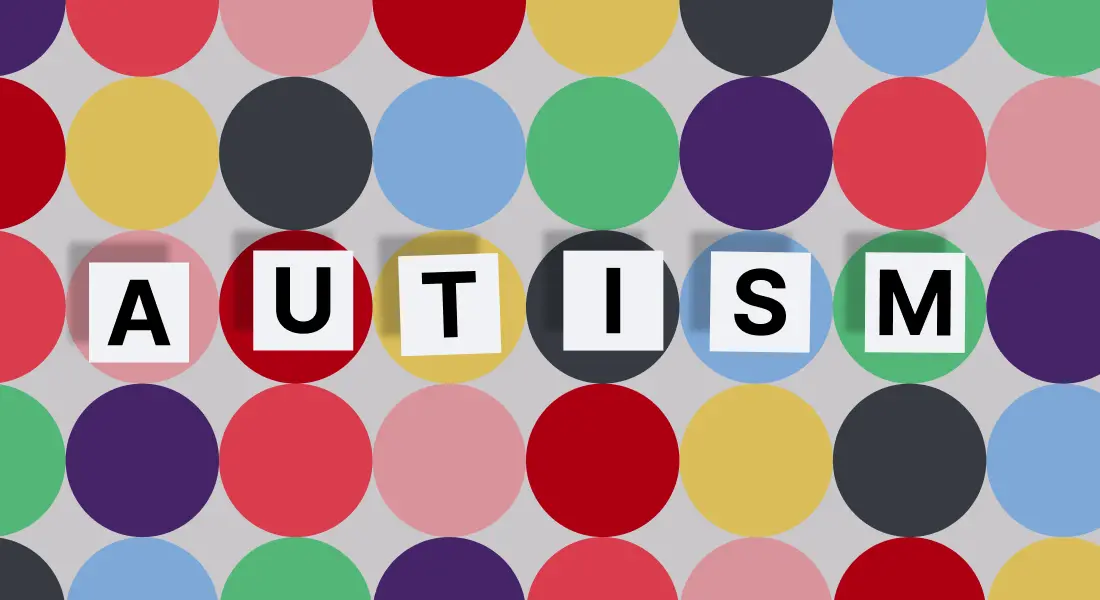Is Autism Hereditary? (from Mother or Father?)

Ready to take the next step? Read our guide on
[Which Genetic Test is Right for Your Child]
Is autism hereditary?
“There is no autism in my family!”
When a child is diagnosed with autism, many parents wonder who they inherited it from. However, autism has many causes beyond genetics.
In 1964, the American psychologist Bernard Rimland was the first to challenge the idea that parents were to blame for the diagnosis of autism in their children. Rimland suggested that biological factors might be the cause. Since then, many studies have come to the conclusion that autism often runs in familes.
Research into the causes of autism is ongoing, and our understanding of the condition continues to evolve. It is likely that a combination of genetic and environmental factors, along with interactions between them, contribute to the development of autism.

Let’s get more specific about the genetic causes of autism first.
Autism is believed to have a strong genetic component, but it is not solely caused by genetic factors. Instead, it is considered a complex, multifactorial condition, meaning that both genetic and environmental factors play a role in its development.
Here’s what we know about the genetic aspect of autism.
Heritability: Research suggests that autism has a strong genetic heritability. This means that if one family member has autism, there is an increased likelihood that other family members may also be at higher risk for the condition.
Multiple Genes: Autism is not caused by a single gene but is thought to result from the interplay of multiple genes. Many different genes have been associated with an increased risk of autism, and researchers are continuing to study these genetic factors. More than 70 genes are related with autism diagnoses.
De Novo Mutations: In some cases, individuals with autism have what are called de novo (new) mutations. These are genetic mutations that occur spontaneously in the affected individual and are not inherited from their parents. De novo mutations are thought to play a role in a significant subset of autism cases.

Idiopathic autism
As mentioned earlier, the exact cause of autism spectrum disorder (ASD) is not fully understood, and it is likely to be the result of a combination of genetic, environmental, and developmental factors. When autism is of unknown origin, it is called idiopathic autism. And almost 85% of autism cases are idopathic.
Therefore, in the majority of cases
- Neither of the biological parents of an autistic child has been diagnosed with autism themselves.
- The child with autism not born prematurely.
- The biological father was under the age of 40.
- Test have not revealed any genetic abnormalities (such as fragile X syndrome).
- The mother was not exposed to such extraordinary environment or taking any of the drugs known to increase the risk of autism during pregnancy.
“Usually, a child with autism is born to parents who don’t have autism,” Dr. Cuffman says. “It’s usually a combination of factors that leads to autism.”

Heredity does play a role in autism. If a child is diagnosed with autism that is idiopathic, this may mean that there is an unknown genetic component. Therefore, genetic testing remains important because it can provide valuable information for early intervention, family planning, research, and personalized care. It contributes to a more comprehensive understanding of autism and can improve outcomes for affected individuals and their families.
If you’re interested in learning more about genetic testing for autism, check out the article below.
Get exclusive rare disease updates
from 3billion.

Sree Ramya Gunukula
Marketing Leader with experience in the pharma and healthcare sectors, specializing in digital health, genetic testing, and rare disease diagnostics.







